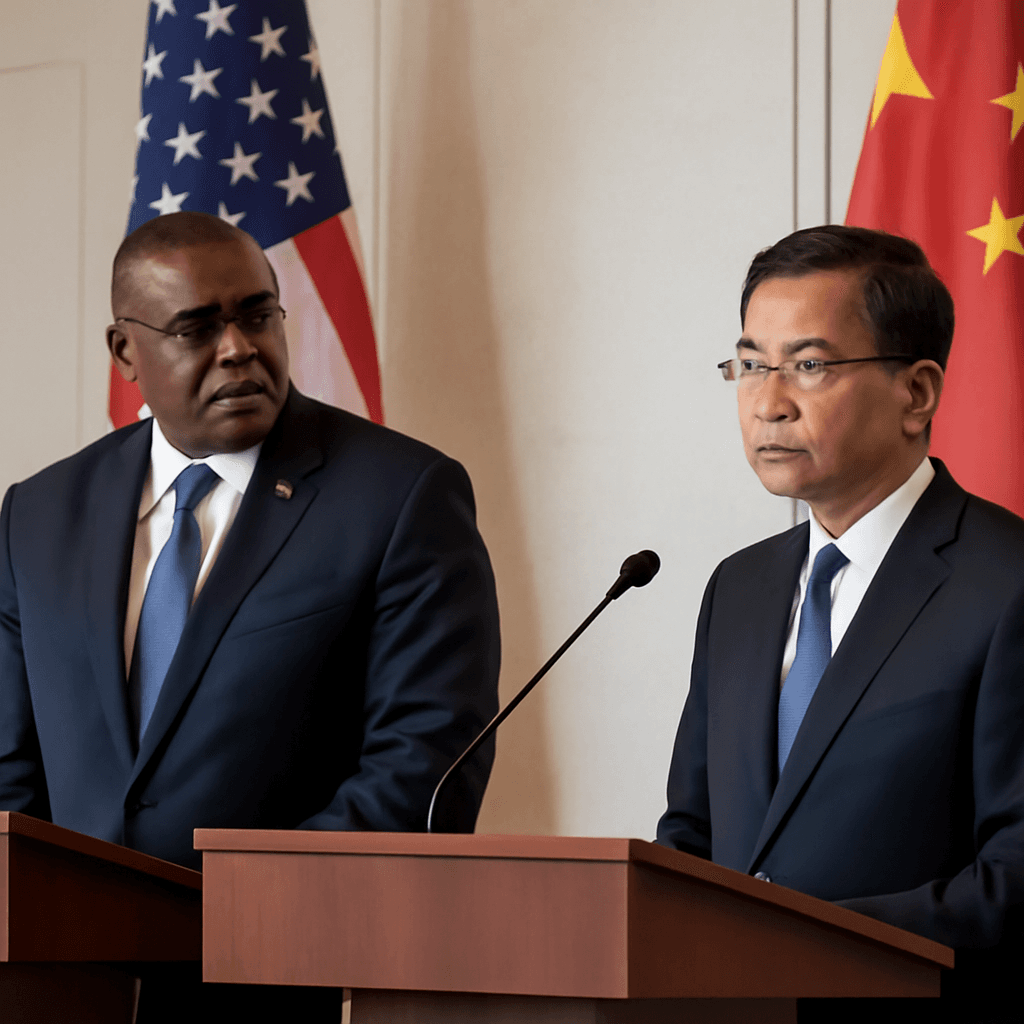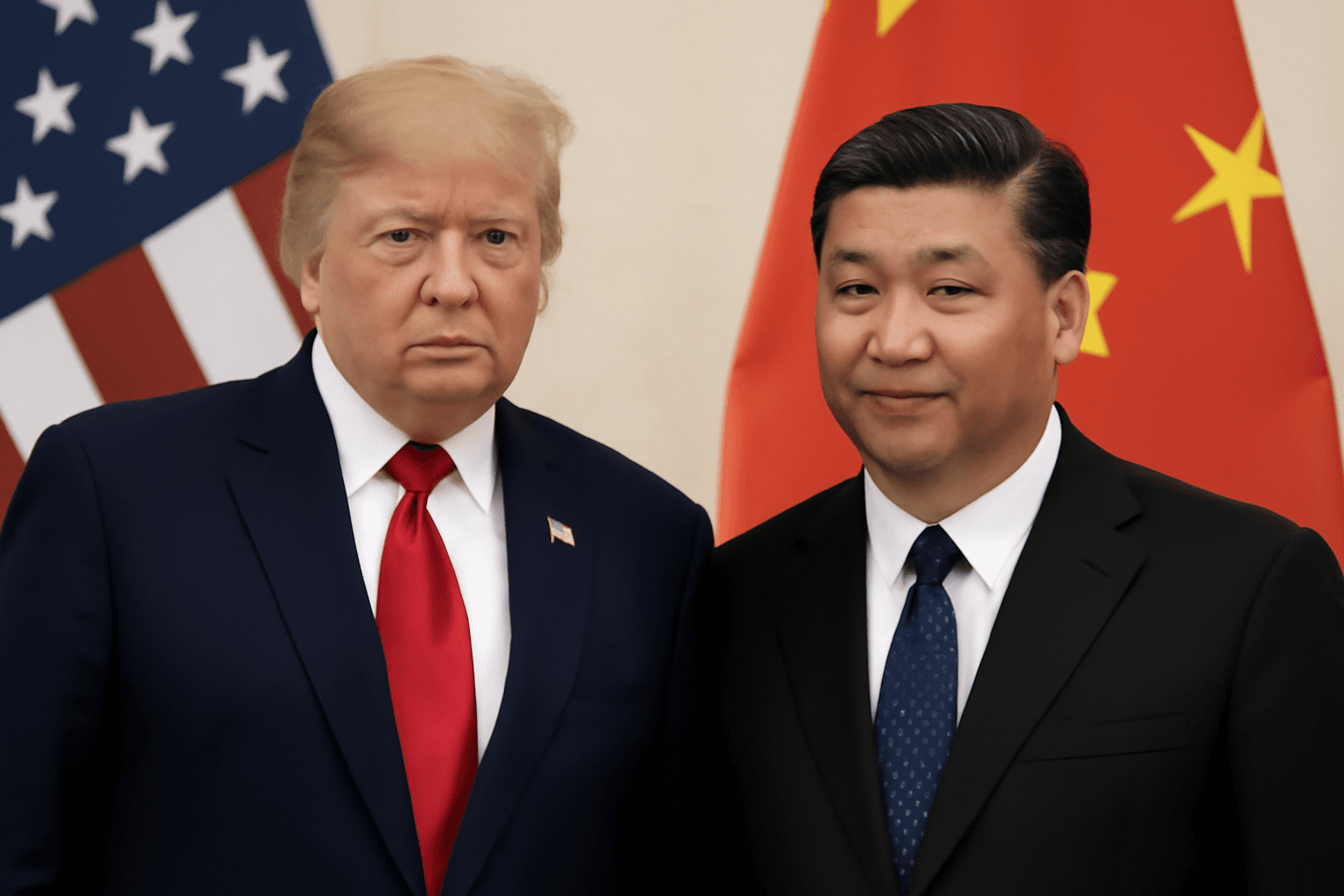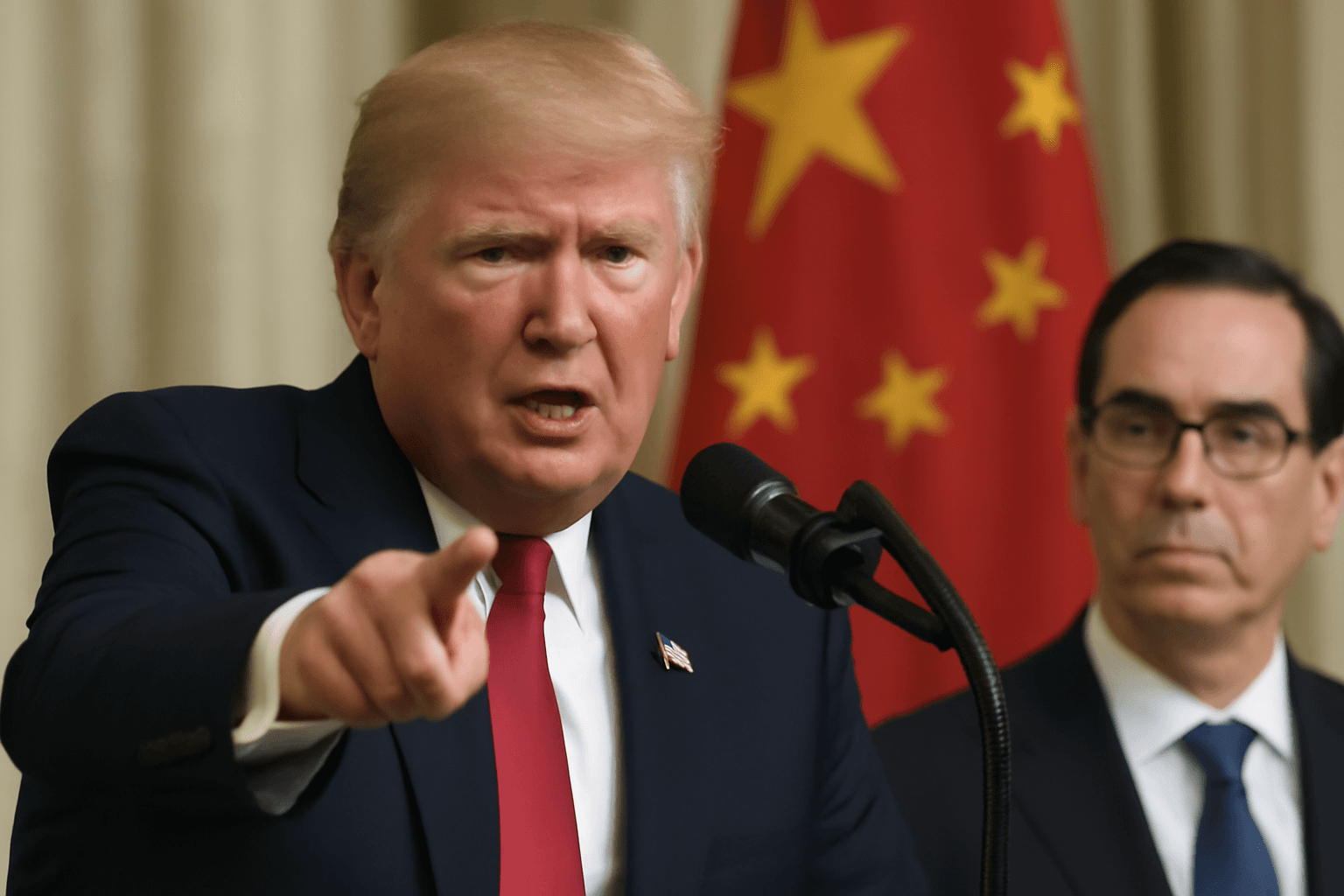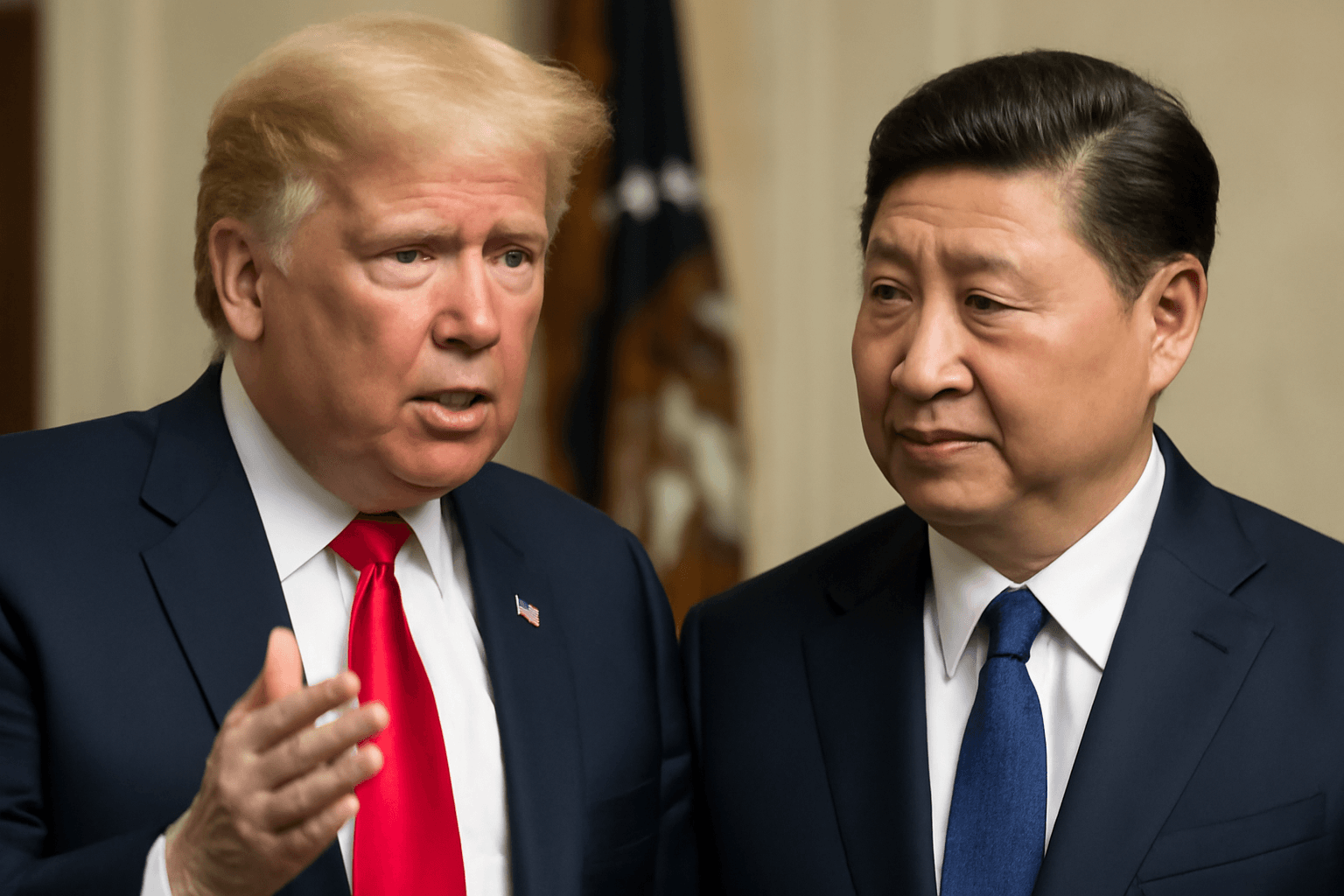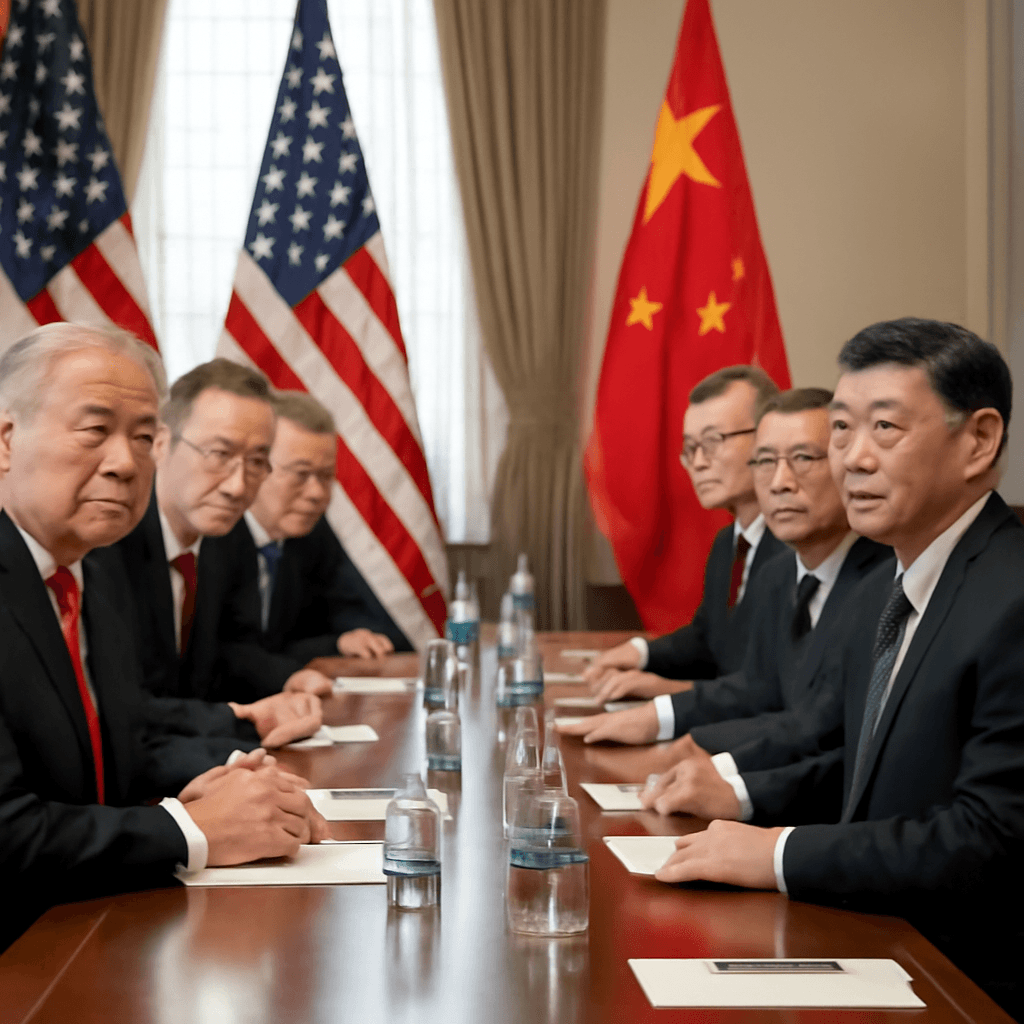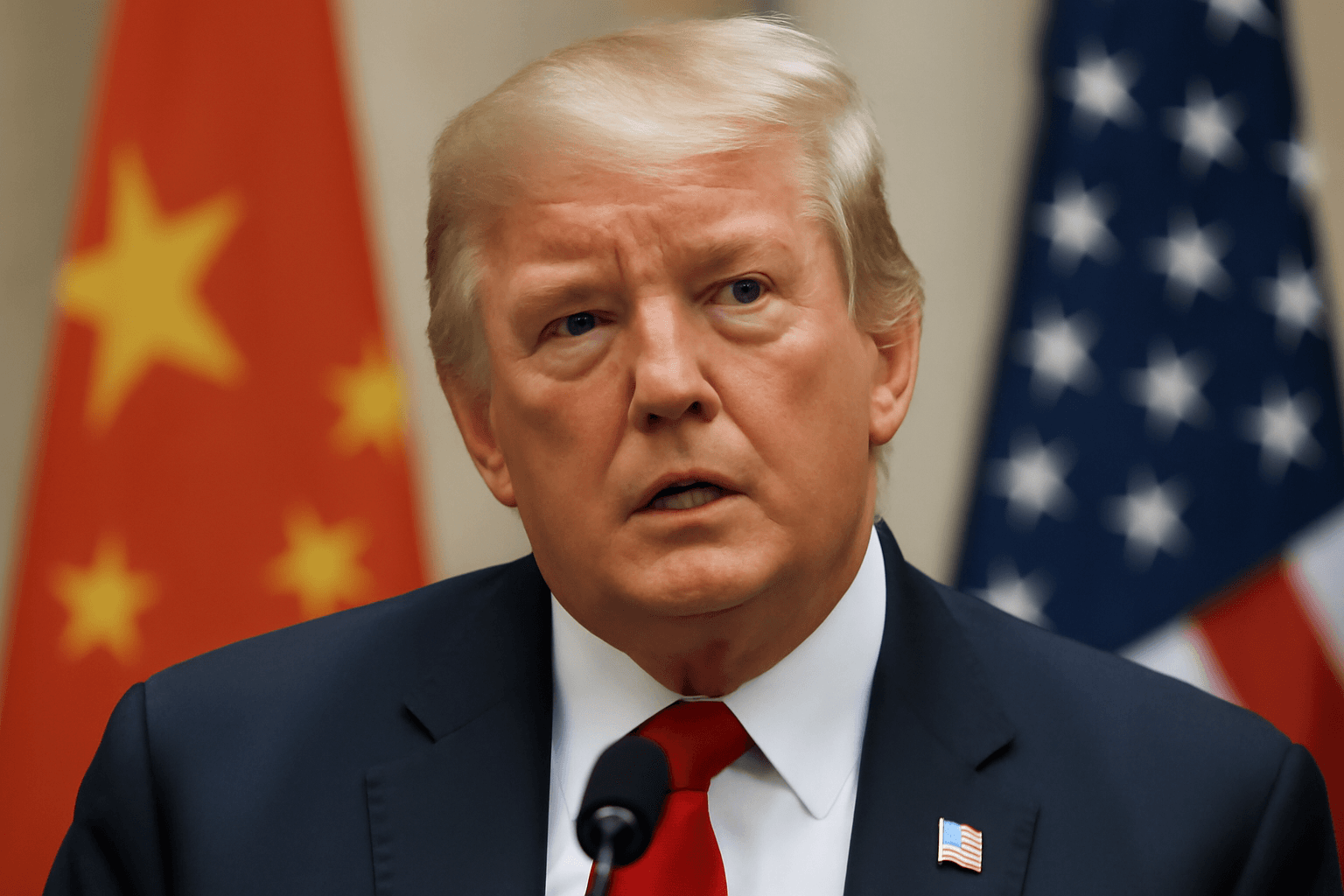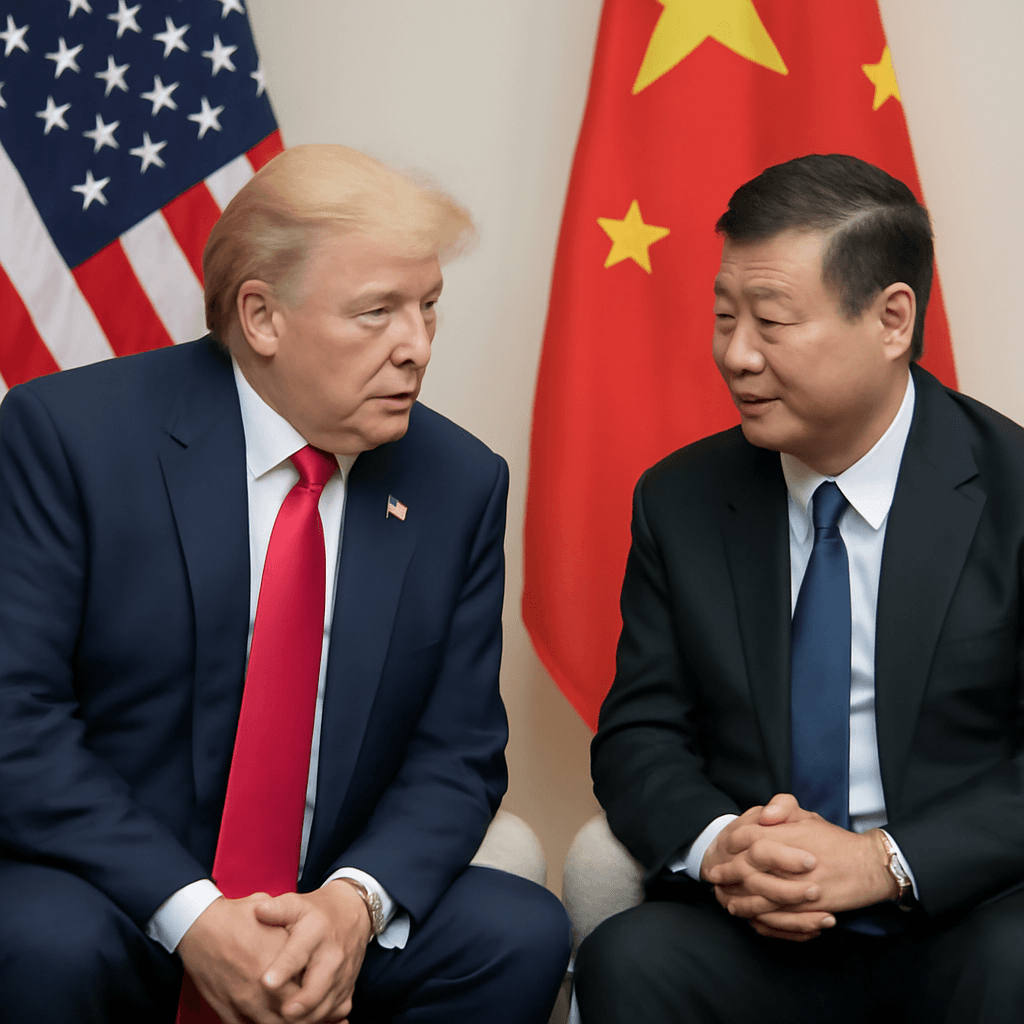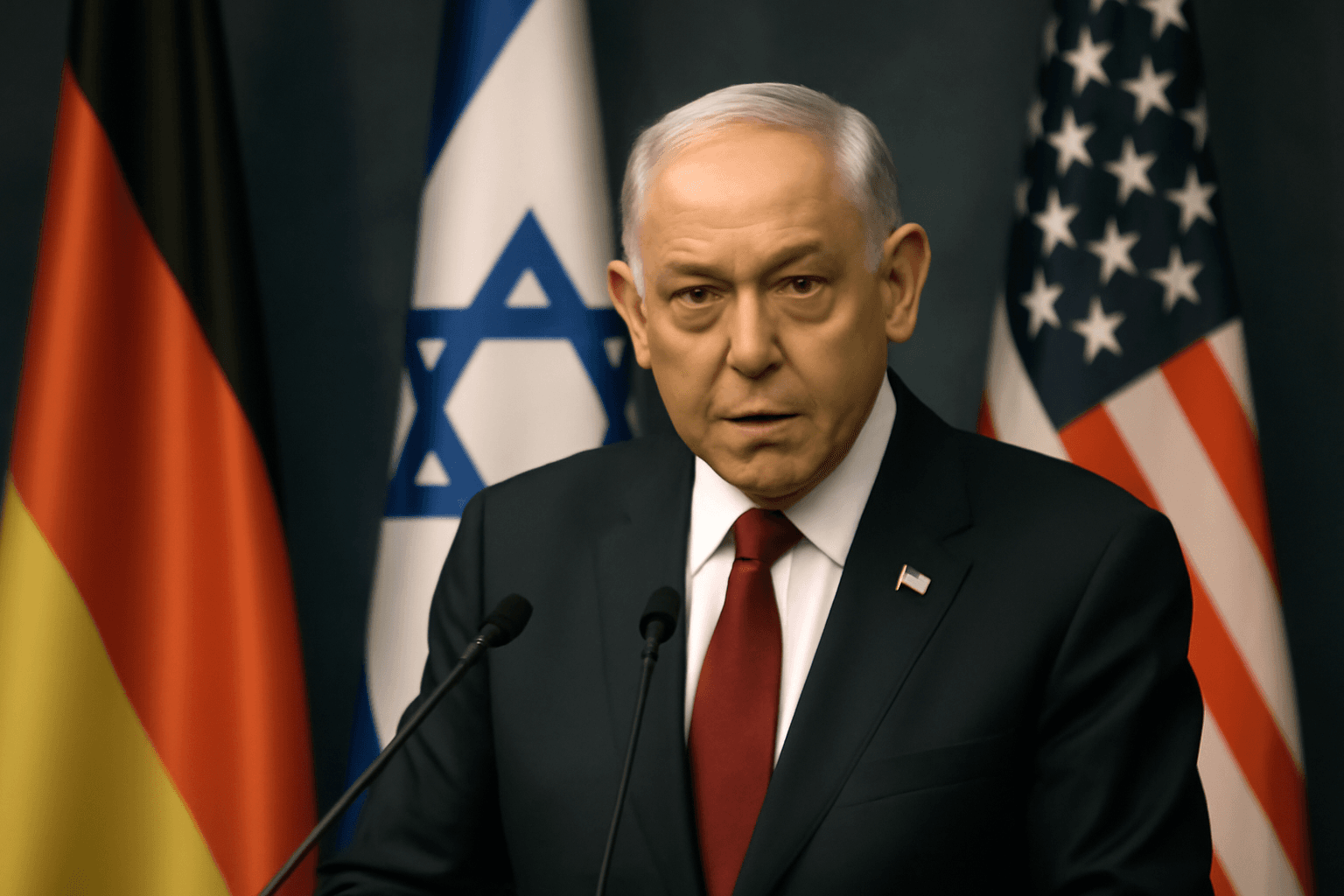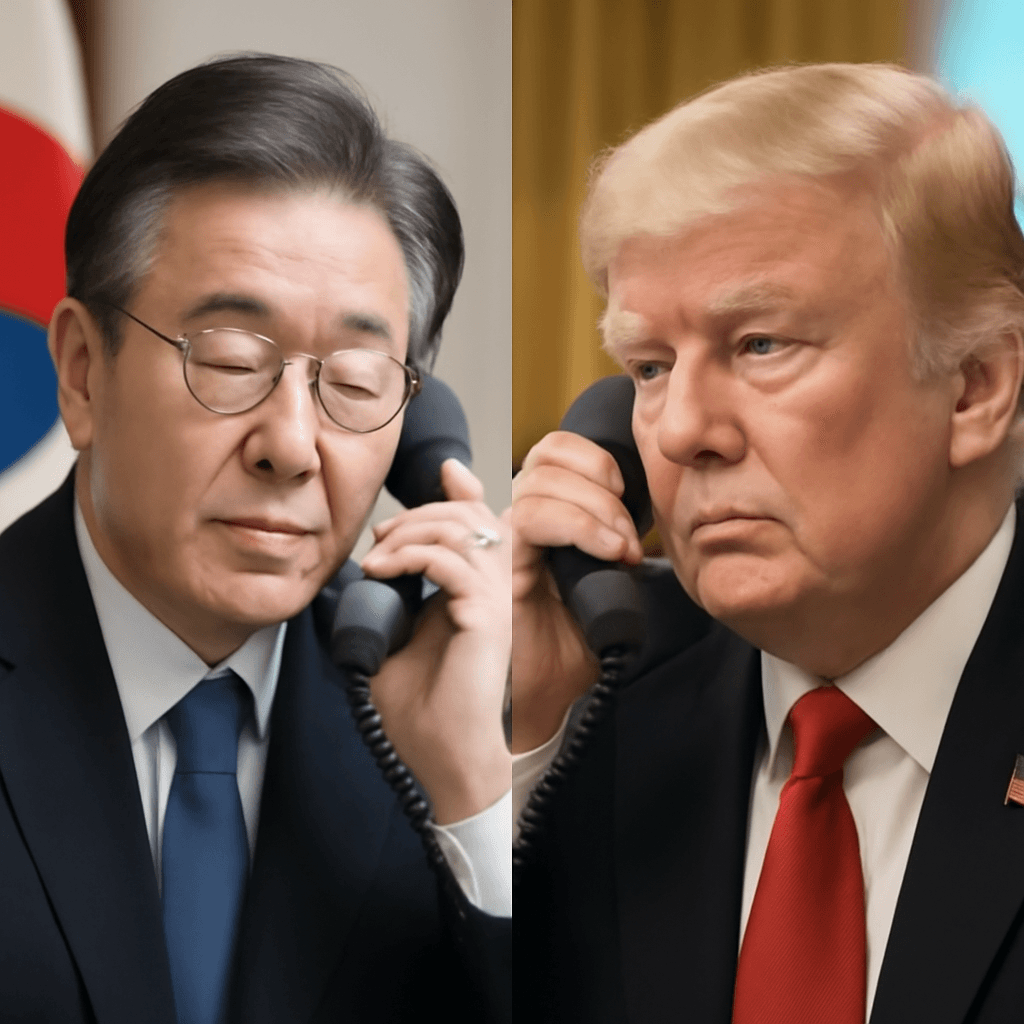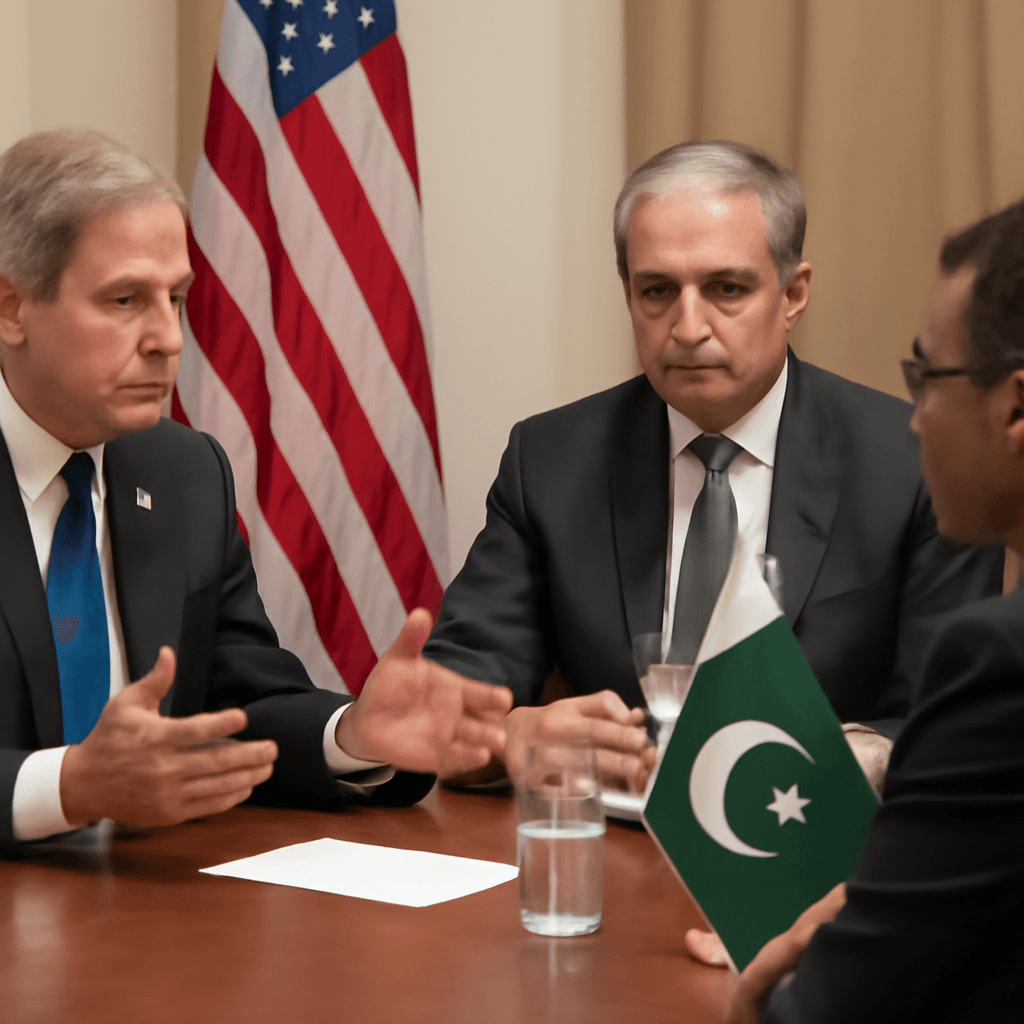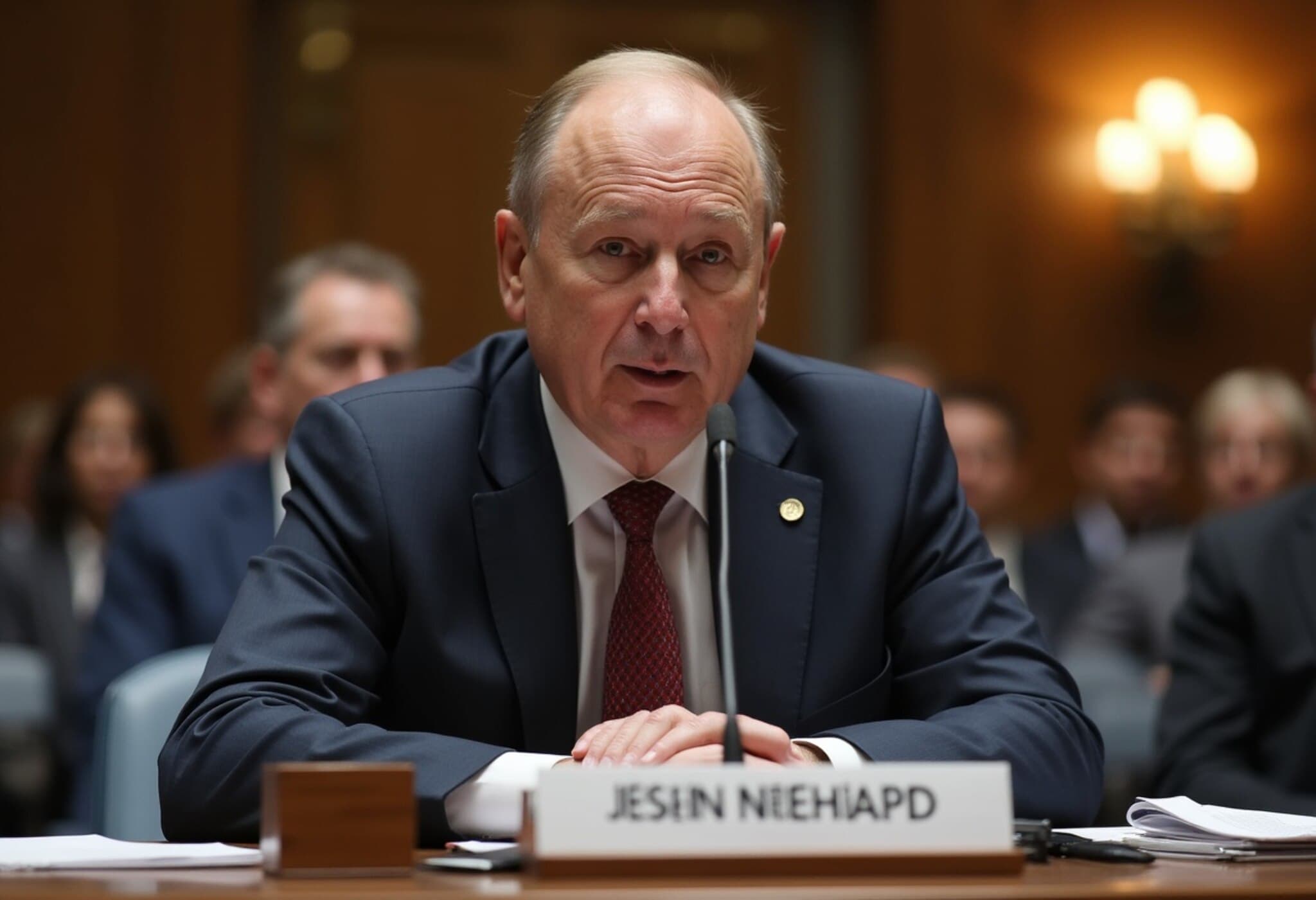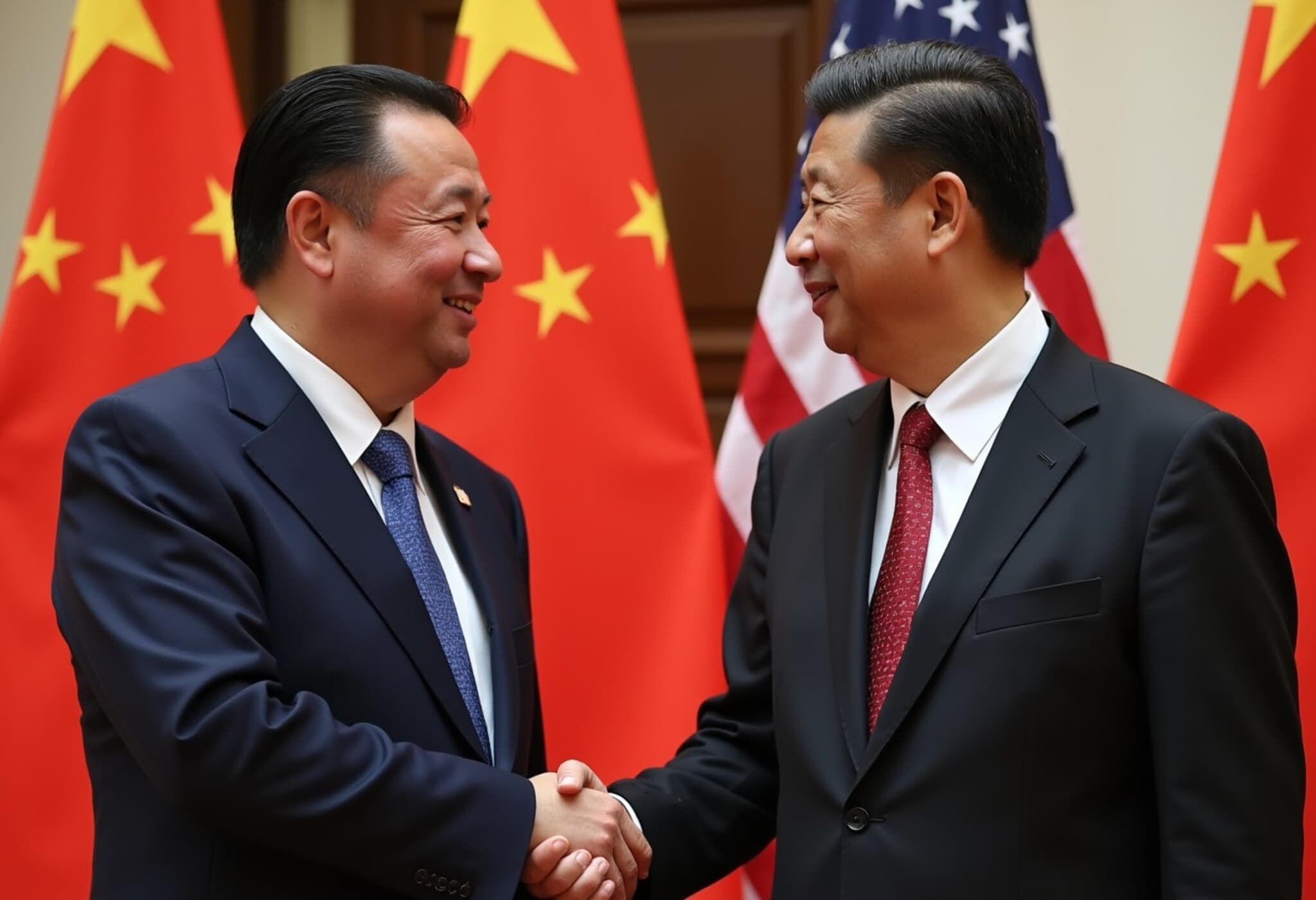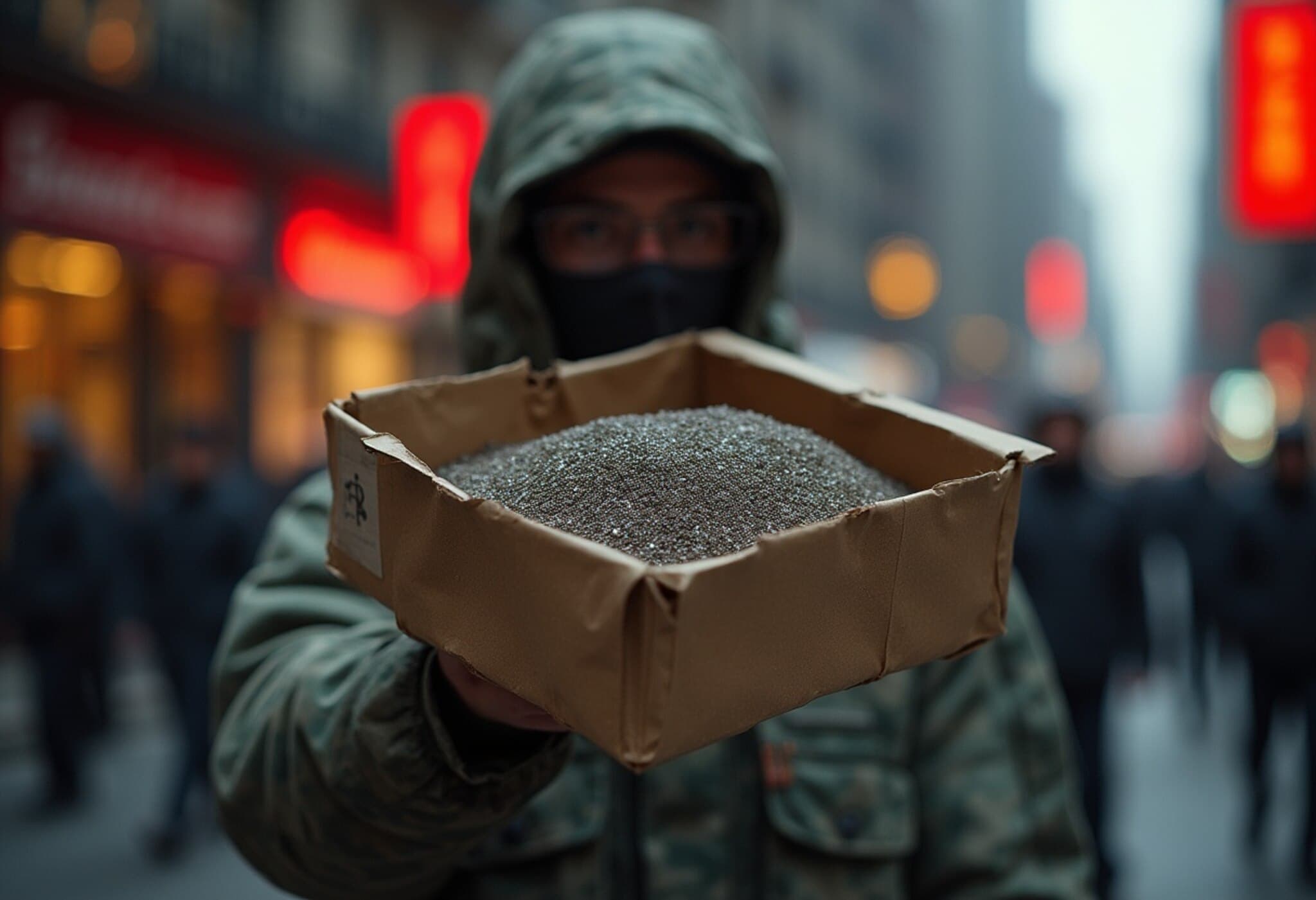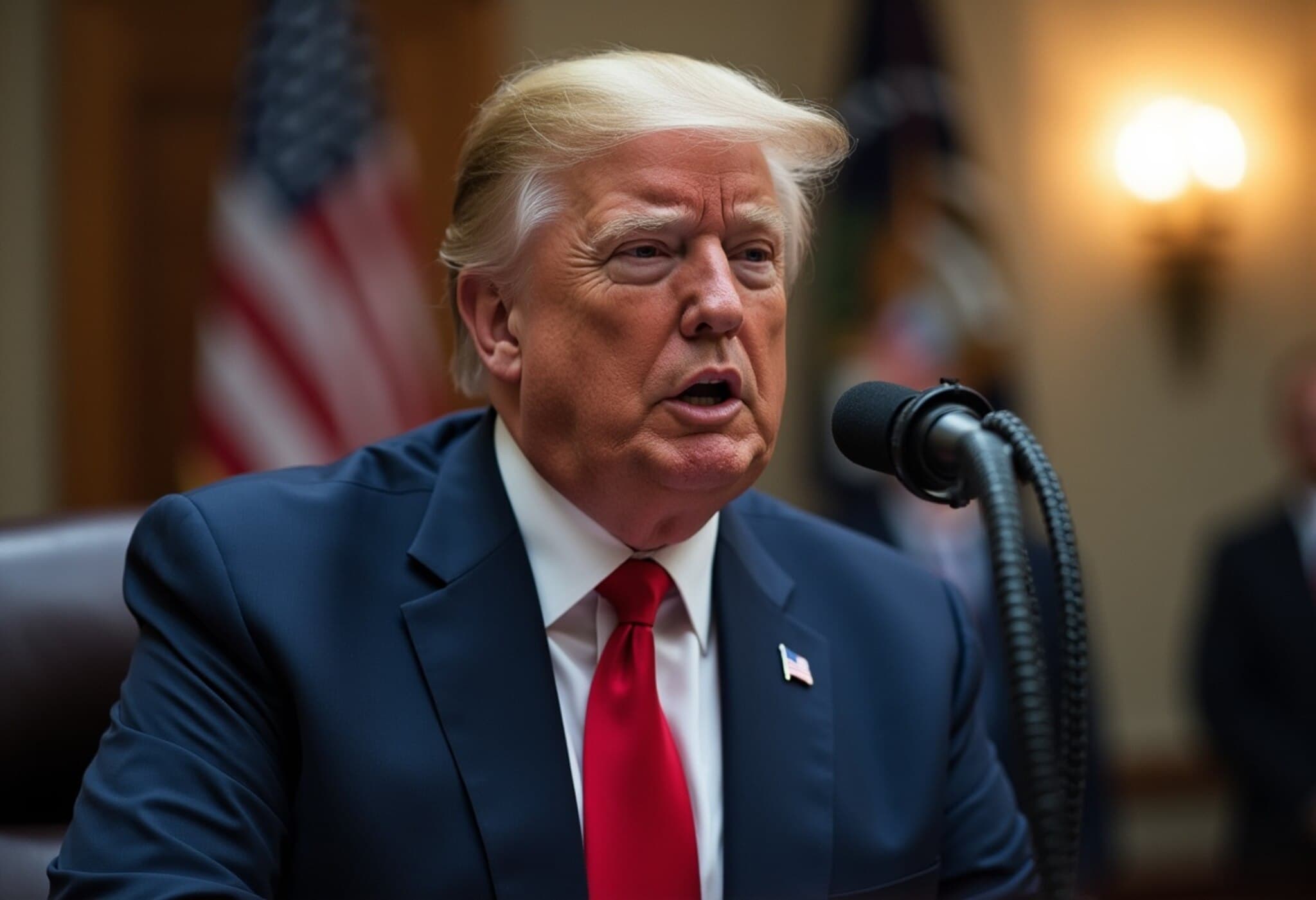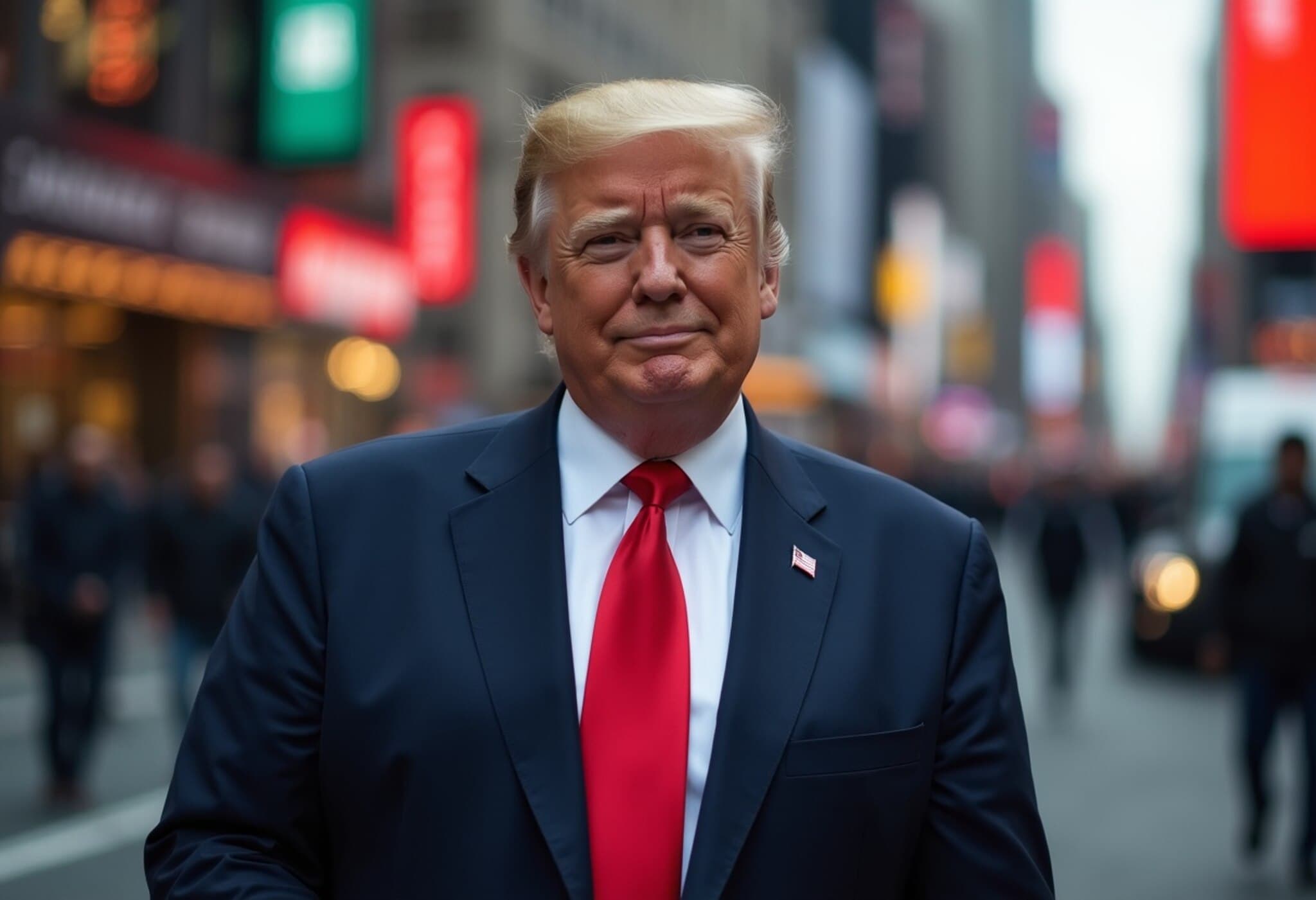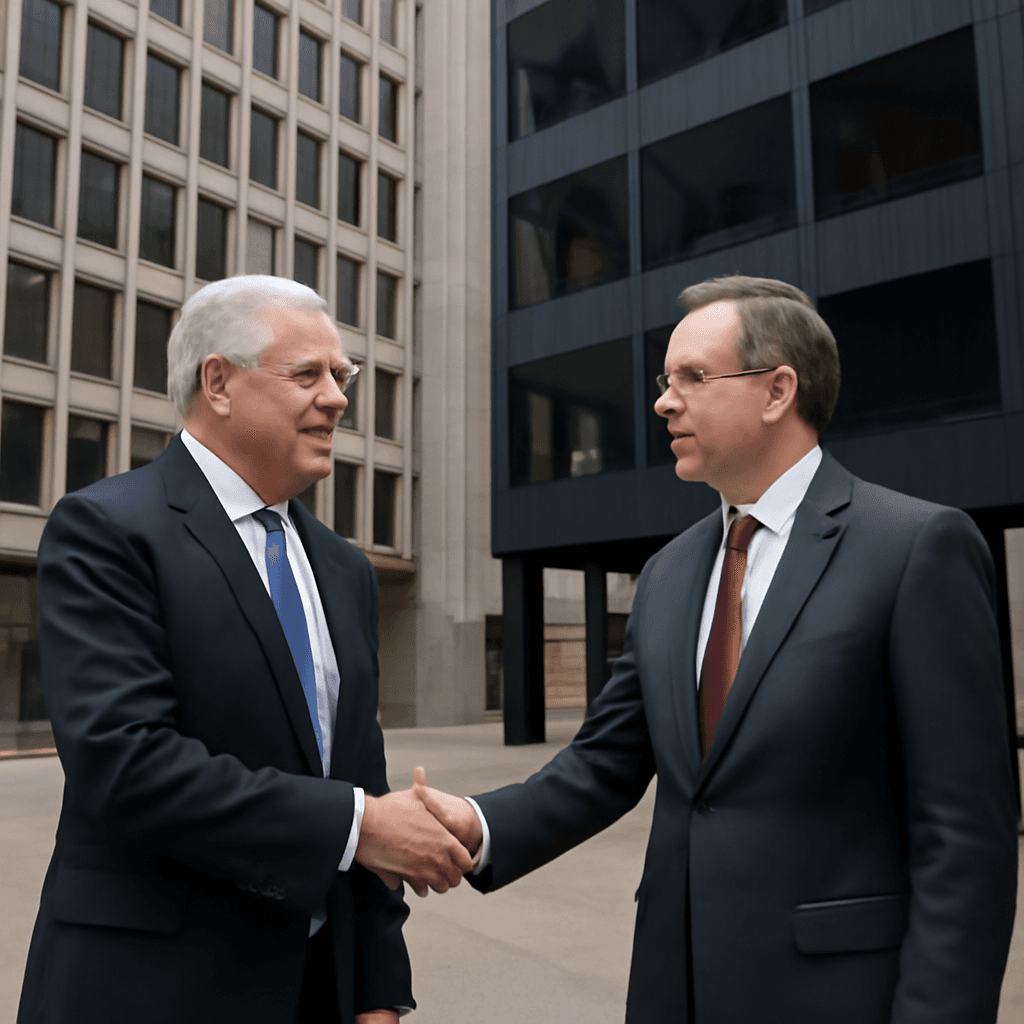China Denies Violating Geneva Trade Agreement
China has firmly rejected accusations from the United States alleging violations of the Geneva trade agreement. Instead, Beijing has charged the U.S. with undermining the pact, which has intensified tensions between the world’s two largest economies.
The Geneva agreement, aimed at easing trade frictions, followed a high-level meeting between U.S. Treasury Secretary Scott Bessent and Chinese counterpart He Lifeng. Both parties agreed to suspend most tariffs for a 90-day period. However, recent U.S. actions have put the pact under strain.
Escalating US Measures Against China
The previous U.S. administration has expanded restrictions on the export of semiconductor design software and chemicals to China. Additionally, announcements to revoke visas for Chinese students have drawn sharp criticism from Beijing. These steps have been characterized by China’s Ministry of Commerce spokesperson as seriously undermining the agreements established in Geneva.
In response, China has pledged strong measures to protect its rights and interests should the U.S. continue pursuing actions detrimental to Chinese economic stability. Contrary to U.S. expectations, China has maintained strict control over its rare earth mineral exports and intensified coordinated efforts nationwide to combat illegal mining and export activities involving critical minerals.
Beijing’s Firm Negotiation Stance
Beijing is adopting a resolute position in ongoing trade negotiations. Experts note China’s awareness that any agreement with the U.S. may provide only short-term respite rather than a final resolution, partly due to the unpredictable nature of U.S. commitments.
A Chinese commerce spokesperson highlighted that the U.S. government’s unilateral provocations continue to escalate economic and trade conflicts, increasing uncertainty and instability in bilateral relations.
US Accusations and Calls for Dialogue
Last week, the U.S. President publicly accused China of completely violating the preliminary trade deal, claims which were described by Chinese officials as factually inaccurate. China asserts it has strictly implemented and actively upheld the trade agreements, including measures to cancel or suspend certain tariffs and restrictions in direct response to U.S. reciprocal tariffs.
Calls for direct dialogue remain. The U.S. has expressed eagerness for a top-level meeting or phone call between President Donald Trump and Chinese President Xi Jinping to achieve a more stable agreement. Yet, cultural and procedural differences between the two nations’ diplomatic approaches have complicated the timing and conditions for such a meeting.
Broader Geopolitical Tensions
Trade issues are only one aspect of worsening Sino-U.S. relations. At the recent Shangri-La Dialogue defense summit in Singapore, Pentagon chief Pete Hegseth warned that China’s growing military pressure in the Indo-Pacific region constitutes a "real" and "imminent" threat. He urged allied nations to increase defense spending to deter Beijing's advances.
Notably, China’s defense minister did not attend the summit this year, breaking a tradition maintained since 2019. In response to U.S. warnings, China’s defense ministry criticized the remarks for promoting a cold-war mentality and violating China’s sovereignty and rights. Furthermore, China’s embassy in Singapore labeled the United States as the region's primary destabilizing force.
Key Points Summary
- China rejects U.S. claims of Geneva deal violations.
- The U.S. has tightened export restrictions and visa policies affecting China.
- Beijing maintains control over rare earth exports and combats illicit mining.
- High-level U.S.-China talks remain difficult due to diplomatic differences.
- Geopolitical tensions escalate with Pentagon highlighting China's military threat.

